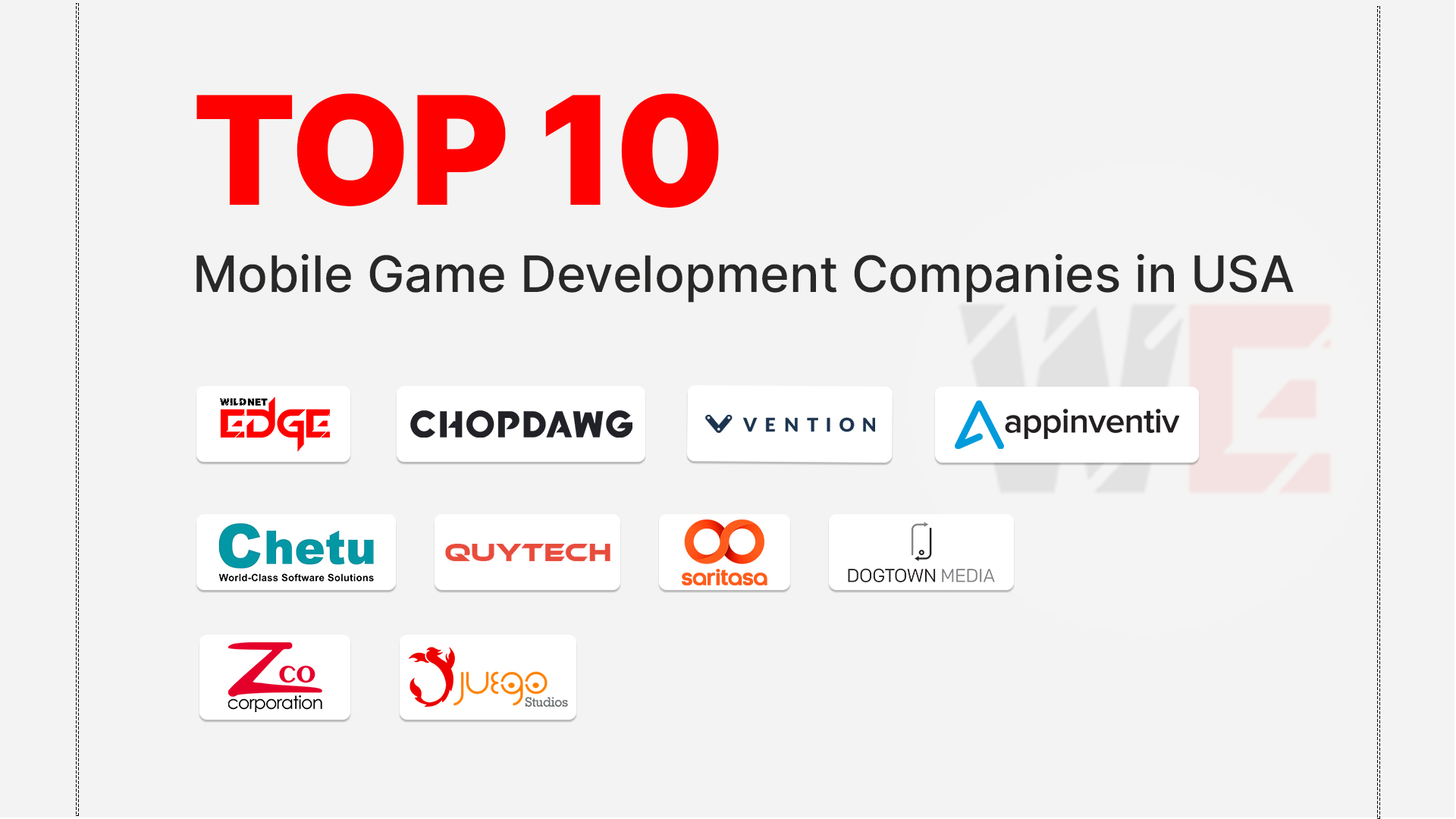The smart home app development cost is a critical consideration for anyone looking to embrace advanced home automation in 2026. As more homeowners invest in IoT technologies, understanding the financial implications is essential. Whether you’re building a smart home from scratch or upgrading existing systems, getting clarity on the smart home app development cost can help you budget effectively and avoid unforeseen expenses. In this article, we will explore key factors influencing costs, discuss home automation pricing, and provide insights on hiring a smart home app developer.
Understanding Smart Home App Development Cost
Factors That Influence Smart Home App Development Cost
Several key factors influence the smart home app development cost. One major factor is market demand and trends. With increasing interest in smart home technology, more companies are offering innovative solutions, which can impact prices. Additionally, the scope of features and functionality plays a crucial role. The more complex and feature-rich your app is, the higher the development cost. Customization versus off-the-shelf solutions also greatly affects pricing. Custom-built applications tailored to specific user needs typically require a larger investment compared to pre-existing software solutions.
Average Smart Home App Development Cost Breakdown
When we break down the average smart home app development cost, we can categorize it into several stages: planning, design, development, and testing. Each stage incurs costs, and understanding this can help you allocate your smart home budget accordingly. Moreover, resources and tools such as software, hardware, and APIs are significant portions of the total cost. Additionally, consider maintenance and support costs, which can vary based on the complexity of the application and ongoing user needs.
Home Automation Pricing: What You Need to Know
Components of Home Automation Systems Pricing
When assessing home automation pricing, it’s essential to understand the components that contribute to overall costs. The cost of smart devices and sensors is often the most significant part, as these devices range widely from affordable to high-end. Installation fees also add to the total expense. Depending on your home and the systems installed, you might need professional installation, which will affect your smart home budget. Furthermore, don’t overlook network infrastructure requirements, as reliable internet access is crucial for seamless smart home functionality.
Budgeting for Home Automation: How to Set Your Smart Home Budget
Creating a realistic home automation budget requires careful planning. Start by listing your priorities and the smart features you desire. It’s important to understand the difference between long-term and short-term costs. Investing in quality components can yield greater long-term savings by reducing maintenance costs. Finally, evaluating the ROI of smart home investments is vital. Look at the potential energy savings, increased property value, and enhanced comfort to make informed decisions regarding your smart home budget.
IoT App Charges and Their Impact on Development
How IoT App Charges Affect Smart Home Solutions
IoT app charges encompass various pricing models, including one-time fees and subscriptions. Understanding these pricing models is essential when planning for your smart home app development cost. The scalability costs associated with IoT integrations can also lead to additional expenses down the road. Without proper planning, expanding or scaling your smart home technology can quickly become costly. Moreover, ensuring robust security and managing data safely will incur additional costs related to IoT technologies, which should also be factored into your budget.
Strategies to Manage IoT App Charges
To manage IoT app charges effectively, consider selecting the right technology stack that aligns with both your needs and budget. Opting for cloud solutions can significantly reduce costs associated with data storage and processing power. Cloud platforms often provide flexibility and scalability that traditional solutions may lack. Efficient project management methods can also save on development time, thus lowering overall costs. By streamlining processes and setting realistic timelines, you can mitigate unexpected IoT app charges.
Choosing a Smart Home App Development Company
Key Considerations When Selecting a Smart Home App Development Company
When selecting a smart home app development company, expertise in IoT technologies is critical. Review the company’s portfolio and case studies to assess their previous work. This can give you insights into their capabilities and the kinds of solutions they provide. Client reviews and testimonials are also valuable resources, as they provide real-world feedback about the company’s reliability and quality of service—key elements to consider before making your decision.
Why You Should Hire a Smart Home App Developer
Hiring a smart home app developer can bridge the gap between concept and execution. Experienced developers will offer professional guidance throughout the process and help you avoid costly mistakes. They also keep you informed about the latest innovations in smart technology, ensuring your app remains competitive. By partnering with a professional, you can enhance your smart home app while optimizing costs associated with development and maintenance.
Conclusion
In summary, understanding the smart home app development cost in 2026 requires careful consideration of multiple factors, from app features and IoT integrations to home automation pricing and maintenance. By assessing your smart home budget wisely and selecting the right development partner, you can optimize expenses while creating a seamless, intelligent home experience. Collaborating with innovative companies like Wildnet Edge, who prioritize an AI-first approach, ensures your smart home solutions are not only cost-effective but also future-ready, scalable, and equipped with the latest smart technology innovations.
FAQs
The average cost typically ranges from $10,000 to $150,000 based on complexity.
Costs include smart devices, installation fees, and ongoing maintenance.
Evaluate your priorities, required features, and long-term value before setting a budget.
The complexity of features, data security requirements, and scalability influence IoT app charges.
Hiring a smart home app developer ensures professional insight, reduces errors, and saves time during the development process.

Nitin Agarwal is a veteran in custom software development. He is fascinated by how software can turn ideas into real-world solutions. With extensive experience designing scalable and efficient systems, he focuses on creating software that delivers tangible results. Nitin enjoys exploring emerging technologies, taking on challenging projects, and mentoring teams to bring ideas to life. He believes that good software is not just about code; it’s about understanding problems and creating value for users. For him, great software combines thoughtful design, clever engineering, and a clear understanding of the problems it’s meant to solve.
 sales@wildnetedge.com
sales@wildnetedge.com +1 (212) 901 8616
+1 (212) 901 8616 +1 (437) 225-7733
+1 (437) 225-7733















 ChatGPT Development & Enablement
ChatGPT Development & Enablement Hire AI & ChatGPT Experts
Hire AI & ChatGPT Experts ChatGPT Apps by Industry
ChatGPT Apps by Industry ChatGPT Blog
ChatGPT Blog ChatGPT Case study
ChatGPT Case study AI Development Services
AI Development Services Industry AI Solutions
Industry AI Solutions AI Consulting & Research
AI Consulting & Research Automation & Intelligence
Automation & Intelligence















